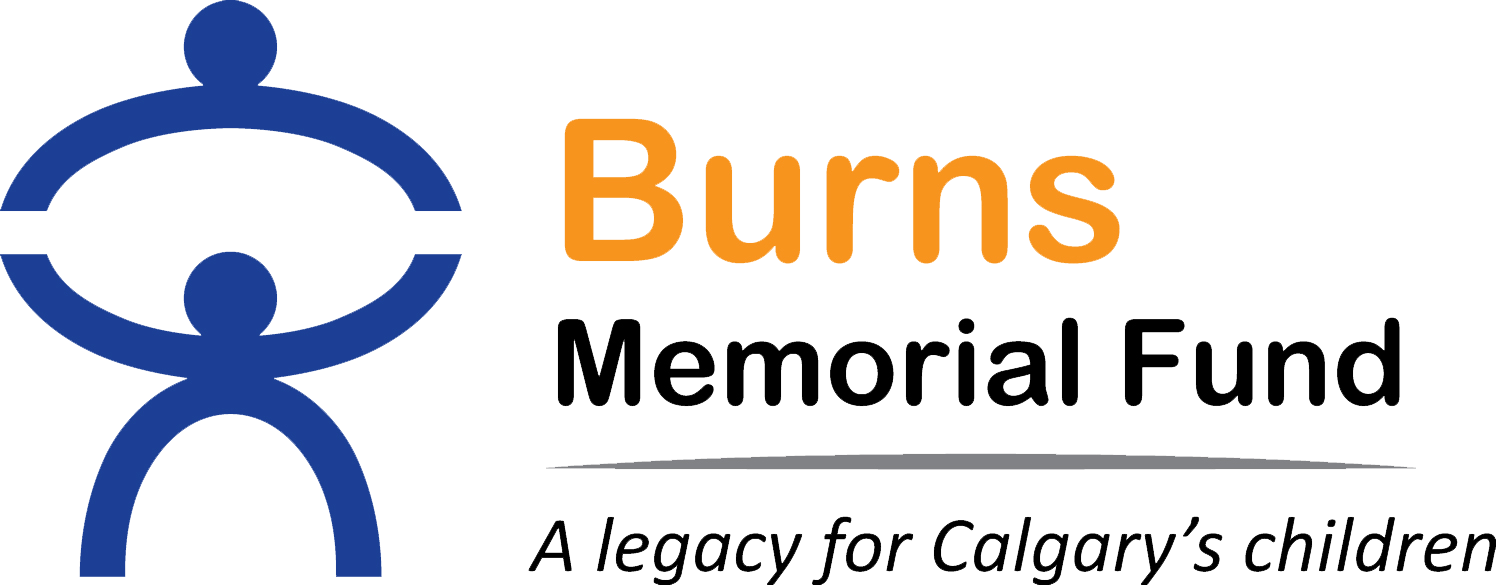Re-engaging Academically Disconnected Youth Respectfully (R.A.D.A.R.)
Background to the Initiative
The R.A.D.A.R. initiative began in October 2008 with seed funding from the United Way, the Burns Memorial Fund, City of Calgary Crime Prevention Investment Plan and EducationMatters and Business Fore Kids. R.A.D.A.R. is designed to fill a gap in supports for Calgary youth aged 13-15 who are on the spectrum of homelessness and disconnected from family, school and community. These youth have an accumulation of risk factors that include: school non-attendance, criminal involvement, exposure to gang involvement and sexual exploitation, substance abuse and addictions, mental health issues, family conflict, lack of supportive adults in their lives and the influence of negative peer groups. The multi-layered needs of these youth, coupled with the developmental stage of early adolescence, highlight the importance of a coordinated and flexible approach. To this end, a group of organizations representing education, health, youth shelters, children’s services and youth justice joined together to reconnect these youth to the essential supports of school, family and community. R.A.D.A.R.’s key partners are:
* Wood’s Homes
* Boys and Girls Clubs of Calgary
* Calgary Board of Education
* Calgary Catholic School District
* City of Calgary, Community and Neighbourhood Services (Youth Probation)
* Alberta Health Services, Calgary Health Region (Child & Adolescent Mental Health)
* Calgary and Area, Child and Family Services Authority
* United Way of Calgary and Area
* Burns Memorial Fund
These agencies provided in-kind contributions to supply R.A.D.A.R. youth with access to a range of professionals and services. The partners work together to develop coordinated service delivery plans to enable participating youth to have their essential needs met, find stable housing and get connected back to educational programming. While the initiative is focused on providing these direct supports to disengaged youth, the collaborative partners also hope to work to affect organizational, policy and systems level change to strengthen services to multi-risk youth over the longer term. The goal of R.A.D.A.R. is to support homeless and academically disengaged youth to reconnect with normative supports of school, family and community and, ultimately, to succeed. The R.A.D.A.R. theory of change is provided in Box 1 below.
Who Are the R.A.D.A.R. Youth?
Between October 2008 and November 2009 a total of 50 youth were referred to R.A.D.A.R. Intake information for 40 of the 50 youth is complete. From this information we know that:
* the average age of youth referred to R.A.D.A.R. is 15-years-old
* 8% have an immigrant background
* 43% are of Aboriginal descent
* 45% of youth were on probation at the time of referral and another 18% have had previous criminal involvement. This means a total of 63% of the R.A.D.A.R. youth have had some form of criminal involvement.
The average length of disengagement from school for these youth is 17 months. The degree of disengagement varies among the youth but most have not had regular attendance for more than three school semesters.
40% of youth referred were accessing homeless shelters, couch surfing and/or living on the street at the time of referral. 70 % of all youth referred have at some time in their lives experienced homelessness. 24% of youth were living at home; 10% were living with extended family; 10% were living in a group home; 6% were at the Calgary Young Offenders Centre (CYOC); the whereabouts of 8% was not known at referral; and, one (2%) was living in a foster home.
Living Situation at Referral
Living in Shelter/Street 20 (40 %)
Living at Home 12 (24 %)
Living with Extended Family 52 (10 %)
Living in a Group Home 5 (10 %)
At CYOC 3 (6 %)
Unknown (AWOL) 4 (8 %)
Living in a foster home 1 (2 %)
Total 50 (100.0%)
96% percent of the youth referred to R.A.D.A.R. have some history of involvement with child welfare, including those identified under the Protection of Sexually Exploited Children Act (PSECA). Thirteen out of 50 youth (26%) have no current involvement while 36% are permanent guardians of Alberta Children and Youth Services.
School board information was available for 47 of the youth. Thirty-three (70%) of these are registered with the Calgary Board of Education; 13 (28%) are with the Calgary Catholic School District; and one is outside Calgary’s districts.
Snapshot of the Findings
An evaluation of R.A.D.A.R.’s pilot phase was completed in December 2009. Findings from this evaluation indicate that the combination of R.A.D.A.R. programming and supports is effective to engage, stabilize and reconnect at-risk youth to community schools and stable residential settings. During its first year of operation (October 2008 – November 2009), working with limited staff, R.A.D.A.R. received referrals for 50 youth. Of these, sixteen youth participated actively (in attendance more than 50% of the time) in R.A.D.A.R.’s educational programming, fifteen were supported to find and maintain stable residential placements, twelve took part in recreational programming and six were connected to other supports.
Of the remaining youth, there were a number who engaged sporadically and then disengaged. Over the next two years, the R.A.D.A.R. staff and committees will explore further why some youth engage and others don’t, and they will work to build strategies to more effectively connect with those who don’t. At the end of the first year, the addition of a recreation worker and two transition workers to the staff team began to strengthen the ‘outreach’ component of the initiative and is expected to increase R.A.D.A.R.’s capacity to support youth not yet ready or inappropriate for R.A.D.A.R.’s educational programming.
Your browser may not support display of this image. Perhaps most significantly, R.A.D.A.R. supported six youth, all of whom were seriously disengaged from school, to successfully transition back to community school programs. Four of these youth are attending classes more than 80% of the time; all have maintained safe and stable places to live; and, none have been criminally charged or breached probation. Considering the history of these youth and their multiple risk factors, it is unlikely that these six young people would be experiencing these positive changes without the supports provided by R.A.D.A.R.
Information to strengthen program delivery and the collaborative process is being captured and used by the committees and staff to support continuous improvement. R.A.D.A.R.’s primary challenge at the program level will be to maintain sufficient engagement (in both quantity and duration of supports) with participating youth to make a positive difference in their lives. The challenge for the collaboration is ensuring the right partners come to and stay at the table at the same time that the Executive Committee stays focused on affecting systems level change.
R.A.D.A.R. now has a complete team of staff and is fully funded for three years by the Safe Communities Innovation Fund, the City of Calgary, the CBE, the CSSD and an anonymous funder. If you would like a copy of the full report please contact us at 403 234-9396

